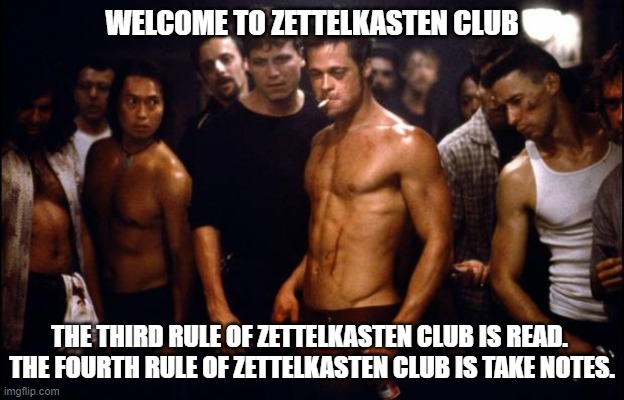There are many things that we have to take on trust; everyminute of every day we have to accept the testimony and the guidance of thosewho are in a position to offer an authoritative view.
Perhaps there is a need for balance between the two perspectives of formal and progressive education. While one can teach another the broad strokes of the "rules" of note taking, for example, using the zettelkasten method and even give examples of the good and the bad, the affordances, and tricks, individuals are still going to need to try things out to see what works for them in various situations and for their specific needs. In the end, its nice to have someone hand one the broad "rules" (and importantly the reasons for them), so that one has a set of tools which they can then practice as an art.
